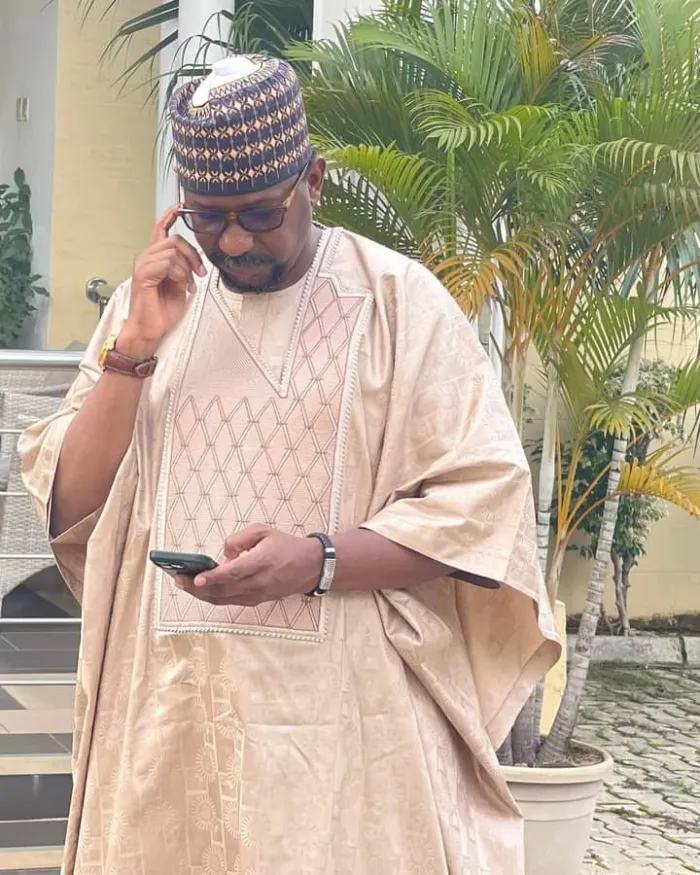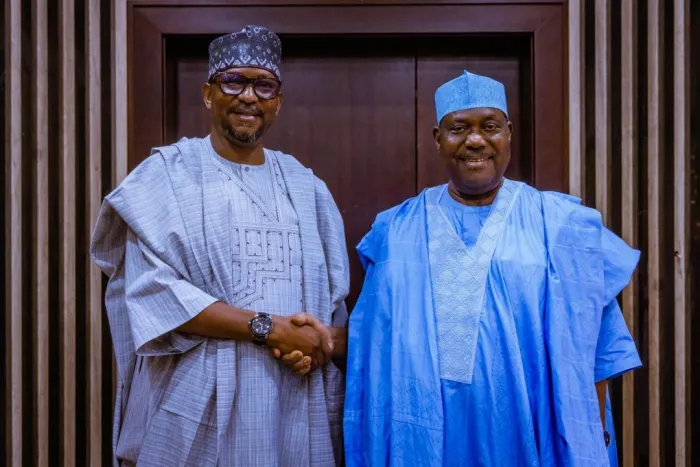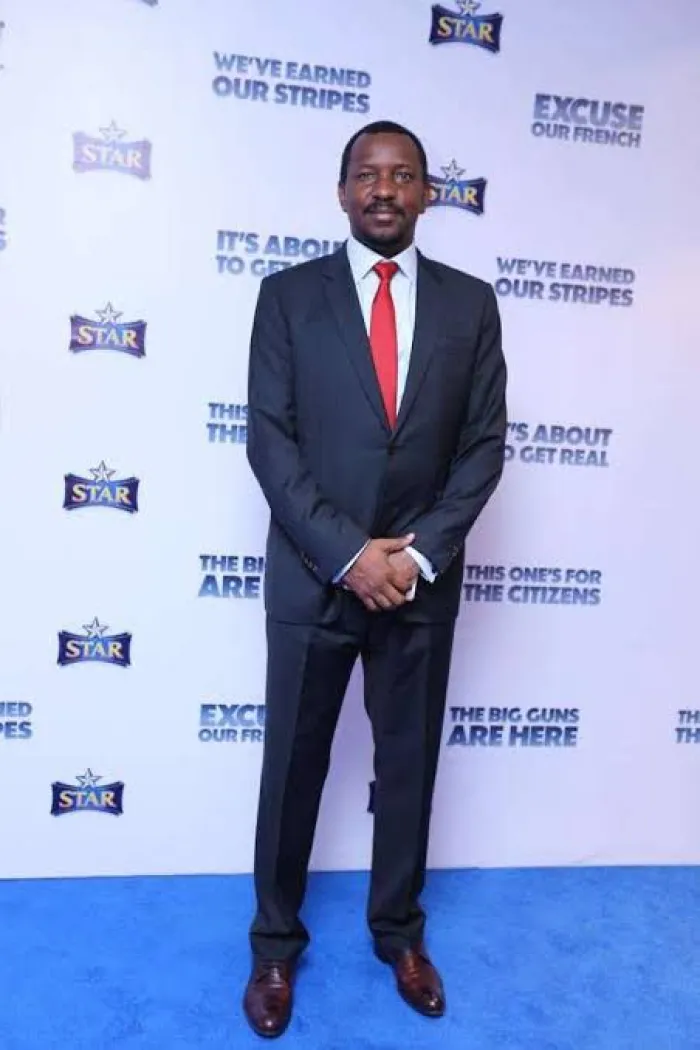ODOGWU IN BOX 18 : The Challenges Facing Shehu Dikko as NSC Chairman

Shehu Dikko’s recent appointment as Chairman of the National Sports Commission (NSC) represents a pivotal moment in the governance of sports in Nigeria. His acceptance within the football community has been overwhelmingly positive, signaling hope for transformative change in the sector.
Dikko’s appointment follows President Bola Tinubu’s decision to dissolve the Federal Ministry of Sports, marking a strategic revival of the NSC. This move is intended to address past inefficiencies and set the stage for a dynamic era in Nigerian sports, but it also brings potential challenges that could impede Dikko’s effectiveness in his new role.
Impediments to Effective Leadership
While the revival of the NSC aims to streamline sports management, several obstacles may hinder Dikko’s efforts. This analysis will explore the political, regional, and institutional dynamics that could affect his ability to realize his vision for Nigerian sports.
The decision to dissolve the Ministry of Sports was driven by criticism regarding its inefficiency. The hope is that the NSC will operate more nimbly, with a focus on developing a robust sports economy. Dikko’s background as the former Chairman of the League Management Company (LMC) positions him well to navigate the complexities of sports administration. His objectives include enhancing infrastructure, identifying grassroots talent, and improving Nigeria’s performance in international competitions.
Key Areas of Focus
Under Dikko’s leadership, stakeholders expect renewed emphasis on several critical areas:
1. Sports Infrastructure Development: Upgrading existing facilities and constructing new ones to provide world-class training environments for athletes.
2. Grassroots Talent Identification: Implementing programs to discover and nurture young talent essential for the future of Nigerian sports.
3. International Competitions: Improving Nigeria’s performance in major events such as the Olympics and Commonwealth Games.
However, achieving these goals will not be straightforward.
Political Resistance
One major challenge Dikko may face is political resistance stemming from the restructuring of Nigeria’s sports governance. The dissolution of the Ministry of Sports could create friction with stakeholders who previously held influential positions within the ministry, complicating Dikko’s navigation of the political landscape.
The NSC was established under Decree No. 3 of 1990, which aimed to coordinate sports activities and promote development at all levels. The National Sports Commission Act of 2004 further defined its structure and responsibilities, emphasizing the need for effective sports management. However, these legal frameworks do not grant the Chairman “Executive Power,” limiting Dikko’s ability to directly engage with the Federal Executive Council and advocate for the NSC’s proposals.
Regional Dynamics
Dikko’s prominence as a football administrator from Kaduna State may also raise concerns about perceived regional favoritism. Critics might argue that his leadership prioritizes the interests of northern Nigeria, potentially alienating stakeholders from other regions. To mitigate these concerns, Dikko must actively engage with regional stakeholders to ensure their interests are represented and heard within the NSC’s agenda.
Navigating Controversies
Dikko’s past, particularly his contested bid for the presidency of the Nigeria Football Federation (NFF) in 2022, could complicate his new role. Residual controversies may undermine his credibility and raise questions about his leadership effectiveness. To counter these perceptions, Dikko must demonstrate a commitment to transparency and inclusivity in his approach.
Building Stakeholder Trust
For Dikko to succeed, gaining the trust of diverse stakeholders—including sports associations, state governments, athletes, and the National Assembly—will be crucial. He must engage in ongoing dialogue to understand their concerns and aspirations, working to build consensus around shared objectives. However, this task will be complicated by competing interests and priorities within the sports community.
Policy Implementation Challenges
Dikko’s success will depend heavily on his ability to implement effective policies and programs. He may face bureaucratic hurdles, funding constraints, and varying stakeholder interests. Transitioning from a ministry to a commission could introduce complexities that slow decision-making processes, underscoring the need for clear operational guidelines.
Historically, inadequate funding has limited Nigeria’s ability to invest in sports infrastructure and talent development. Dikko must advocate for increased financial support from the government while exploring innovative financing models and public-private partnerships to secure sustainable funding.
Conclusion
Shehu Dikko’s appointment as Chairman of the National Sports Commission represents a significant opportunity to revitalize Nigerian sports. His vision for a sustainable sports economy, combined with his extensive experience, positions him well to tackle the challenges ahead. However, he must navigate political resistance, regional dynamics, and stakeholder complexities to implement meaningful reforms.
To succeed, Dikko needs to foster collaboration, advocate for necessary resources, and implement policies that promote the growth and development of sports in Nigeria. By proactively addressing these impediments, he can lay the foundation for a new era in Nigerian sports governance.^





Write a Comment